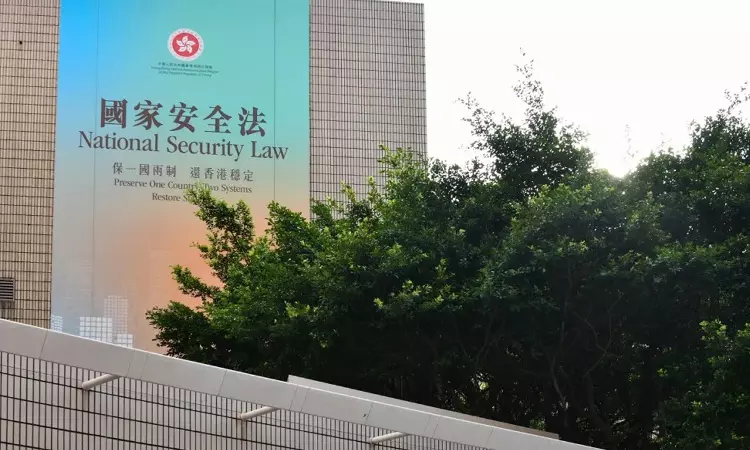Portuguese National Sentenced To Five Years In Hong Kong Under National Security Law
Rajesh Kumar
17 April 2024 1:00 PM IST

Next Story
17 April 2024 1:00 PM IST
The District Court of Hong Kong has sentenced Portuguese national Joseph John to five years in prison under China-imposed National Security Law (NSL). John, also known as Wong Kin-Chung, becomes the first European citizen to face incarceration under this contentious law. The case against John, a dual citizen of Portugal and Hong Kong, unfolded against the backdrop of...
